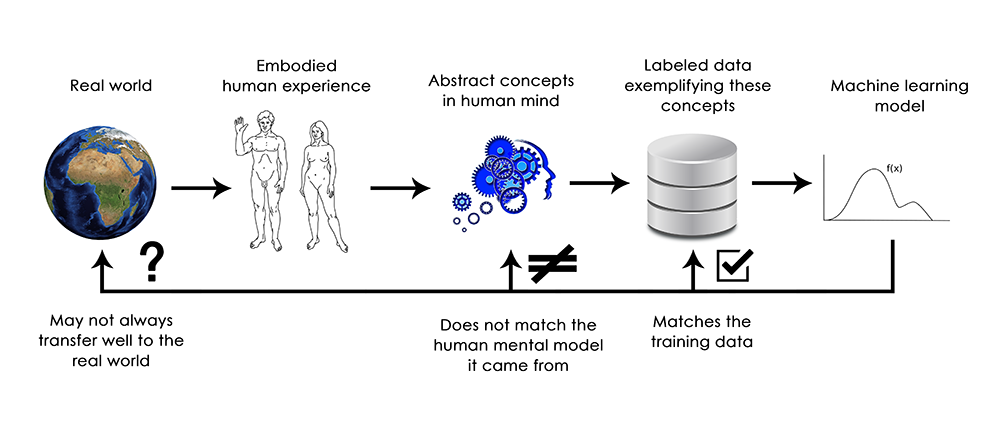A claim increasingly heard on campus will make them more anxious and more willing to justify physical harm.
Source: Controversial Speeches on Campus Are Not Violence – The Atlantic
We think the mental-health crisis on campus is better understood as a crisis of resilience. … As Van Jones put it in response to a question by David Axelrod about how progressive students should react to ideologically offensive speakers on campus:
I don’t want you to be safe, ideologically. I don’t want you to be safe, emotionally. I want you to be strong. That’s different. I’m not going to pave the jungle for you. Put on some boots, and learn how to deal with adversity. I’m not going to take all the weights out of the gym; that’s the whole point of the gym. This is the gym.
The implication of this expansive use of the word “violence” is that “we” are justified in punching and pepper-spraying “them,” even if all they did was say words.
Free speech, properly understood, is not violence. It is a cure for violence. … Freedom of speech is the eternally radical idea that individuals will try to settle their differences through debate and discussion, through evidence and attempts at persuasion, rather than through the coercive power of administrative authorities—or violence.
The conflation of words with violence is not a new or progressive idea invented on college campuses in the last two years. It is an ancient and regressive idea. Americans should all be troubled that it is becoming popular again—especially on college campuses, where it least belongs.
